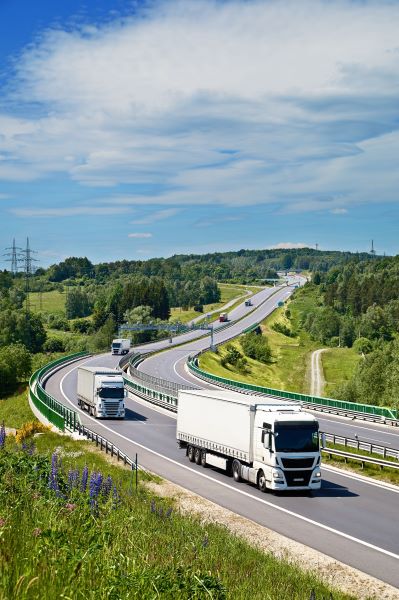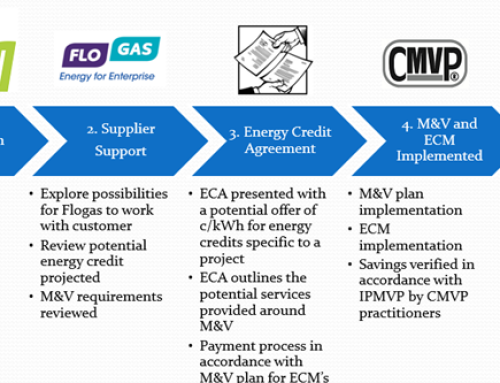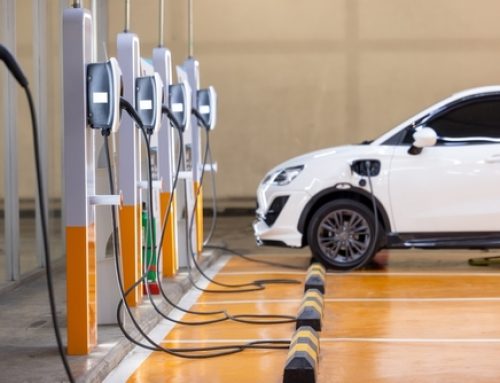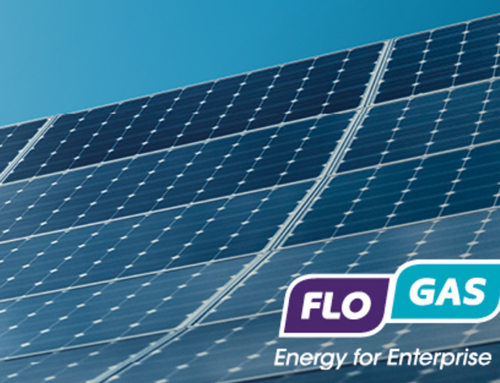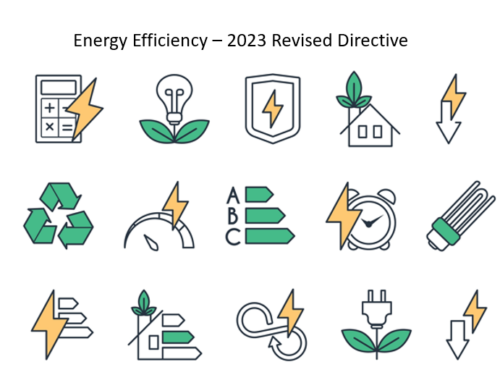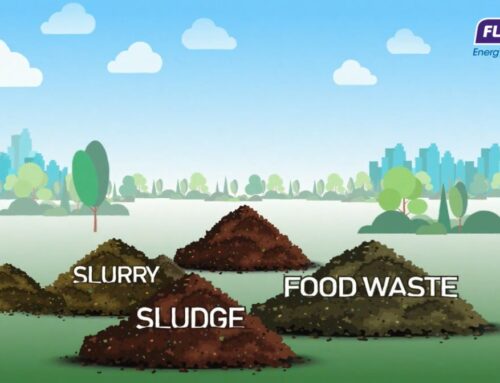Unleashing the Potential of BioCNG in Transportation
Greenhouse gas emissions from transportation in Ireland primarily comes from burning fossil fuel for cars, trucks, ships, trains, and planes. Ireland’s transportation sector stood as a significant contributor representing the second-largest source of GHG emissions in Ireland with over 11.6 million tonnes of GHGs emitted in 2022, accounting for 19.1% of total emissions.
In recent years, Ireland has begun to embrace sustainable solutions to reduce greenhouse gas emissions in its transportation sector.
One solution gaining traction is BioCNG (compressed Biomethane), often referred to as ‘renewable natural gas’ when used as a transportation fuel. This sustainable alternative to traditional fossil fuels like diesel has not only caught the attention of Ireland but also several other countries as a promising means to combat climate change.
Biomethane is noted for its potential to significantly reduce carbon emissions associated with transportation. This alternative renewable fuel can power a variety of vehicles, from buses, trucks to HGVs, offering a clear path towards decarbonising the transport sector.
The sustainability of biomethane lies in its production process. It is often derived from organic waste sources, such as slurry, sludge, and food waste. These materials are transformed into biogas through a controlled process. This biogas, rich in methane, is then meticulously purified and upgraded to meet biomethane quality standards before serving its purpose as a renewable fuel. Biomethane not only reduces the methane emissions from agricultural waste but also repurposes it in an environmentally friendly way.
In Ireland, concerted efforts are underway to establish a network of BioCNG refuelling stations, with a particular focus on accommodating heavy-duty vehicles. BioCNG produced from biomethane is currently available for heavy goods vehicles (HGV) at Circle K’s forecourts in Ballysimon Road Limerick, Cashel, Clonshaugh and Dublin Port. The biomethane is considered to be a renewable fuel under the Irish Biofuel Obligation Scheme and can even have negative well-to-wheel emissions when it is produced from certain agricultural waste feedstocks. Gas Networks Ireland tracks the allocation of biomethane from the point of injection into the grid to the point of withdrawal at the Circle K refuelling stations. This infrastructure is making biomethane readily accessible, encouraging its adoption across Ireland.
Biomethane as a transport fuel not only addresses climate concerns but also contributes to improved air quality. Its combustion produces lower levels of pollutants compared to conventional fossil fuels, further enhancing the health and well-being of the Irish population. It showcases the circular economy to the highest standard by avoiding climate-harming methane emissions from agricultural waste, diversifying income sources for rural farmers, and reducing fossil fuel use in transport!
Public and private sector partnerships and investments are pivotal in advancing the adoption of biomethane further in transportation. Collaborations between government bodies, energy companies, and transport operators must persist and intensify to expedite the growth of this promising transitional fuel. By working together, Ireland can leverage the potential of biomethane to create a more sustainable and environmentally responsible transportation landscape.
If you would like to learn more about BioCNG for both heat or transport contact marketingfes@flogas.ie.


